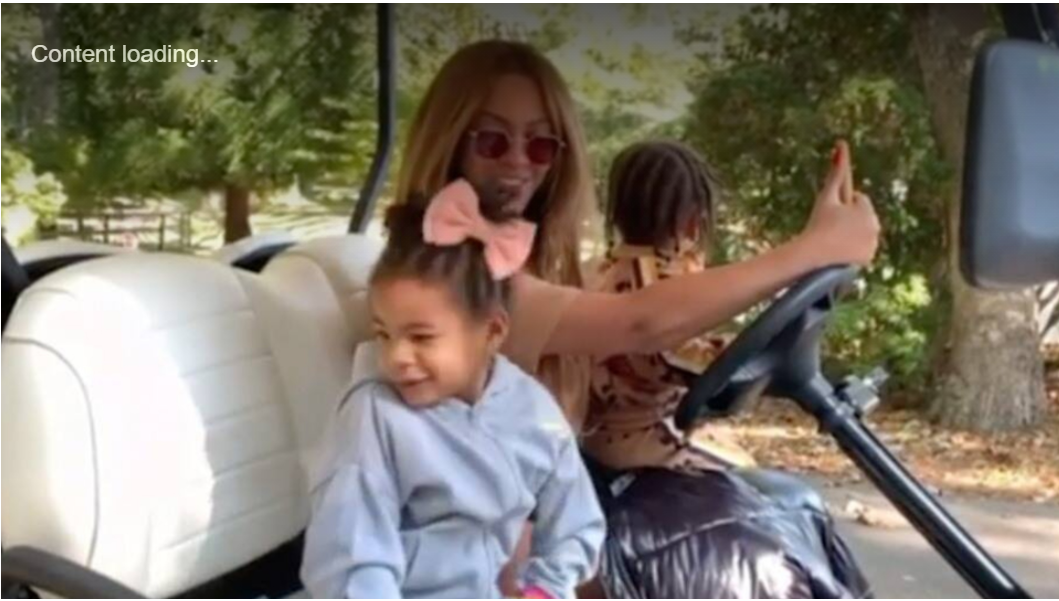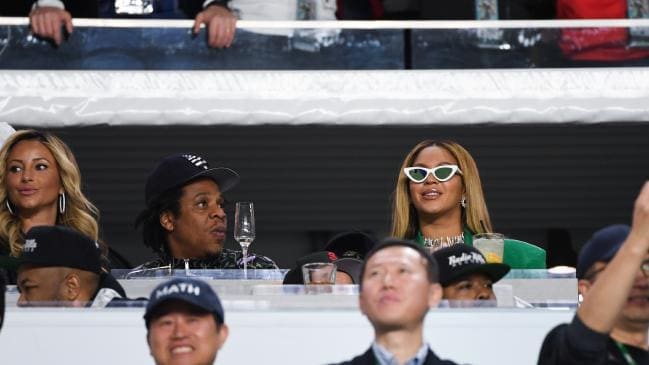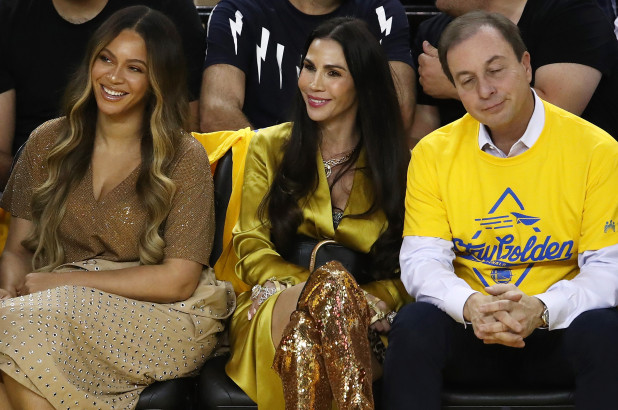This article is more than
8 year oldBeyoncé Calls Out Jay Z’s Cheating in ‘Lemonade,’ A Celebration of Black Girl Magic
Fans have long suspected trouble in paradise in the Carter-Knowles home. The Jay Z infidelity rumors finally came to a head at a Met Ball after-party on May 5, 2014, when protective sister Solange physically lashed out at her brother-in-law in an elevator, all while Beyoncé quietly watched. Later reports indicated that Solange might have been expressing some aggression over Jay Z’s “too close for comfort” friendship with designer Rachel Roy, the ex-wife of his ex-pal Damon Dash, and Solange was spotted giving Roy a piece of her mind at the aforementioned after-party. Bey and Jay’s 12-year relationship has been riddled with similar reports of infidelity, with mysterious sources and tabloids listing alleged mistresses f-rom Rita Ora to Rihanna.
Well, Beyoncé isn’t standing quietly in the corner any longer.
Lemonade, Beyoncé’s mysterious Saturday night HBO d-rop, is a surprise visual album unlike any other (and she would know…she invented the surprise visual album). The hour-long, deeply immersive experience is split into 11 “songs.” The air quotes indicate my inability to confidently label them as such—each song, beginning with spoken word verses that read like poetry or prophecy—is more like a chapter, as befitting this genre-bending masterpiece. The drama unfolds fairly linearly, outlining Beyoncé’s evolution f-rom jealousy to suspicion to outright war.
In “Intuition,” Queen Bey haunts empty cabins and wanders along the edge of a building, daring herself to fall into the city. “Whe-re do you go when you go quiet…You remind me of my father, a magician, able to exist in two places at once. In the tradition of men in my blood, you come home at 3 a.m. and lie to me. What are you hiding? The past, and the future, merge to meet us here. What luck. What a fucking curse.”
She takes up again with the visual imagery of “Formation,” crashing f-rom the skyscrapers into the water. She burst f-rom the water into the oversaturated, film-grainy streets of New Orleans with one question: “Are you cheating on me?” And now we’re in this.
Runway-walking down the street with a baseball bat and a mission, Beyoncé smashes cars and starts fires. Literally. This opening chapter features some of the most gossip-worthy lines. Choice sound bites include: “I don’t want to lose my pride, but imma fuck me up a bitch” and “what’s worse, looking jealous or crazy…I’d rather be crazy.” Grinning, she stares dead into the camera and takes a big swing at it, and the scene goes black-and-white.
Keywords
Newer articles
<p>The British singer/songwriter/DJ will perform at Warner Theatre on May 16.</p>
For Putin, Gaza is an endless gift
Bombshell new theory on Titan sub disaster
Russia pounds Ukraine with biggest airstrikes in weeks
Woman'sCanadian citizenship revoked after 32 years amid 'error'
‘Orange turd’: Porn star’s swipe at Trump
WWE icon ruthlessly axed after 32 years
Justin Bieber announces huge personal news
Netflix edits out awkward Kim moment
How Kendrick Lamar and Drake changed rap beefs forever Rapid-fire releases and fast pace of modern life elevate diss war to levels unparalleled in hip-hop history.





